OIC-IPHRC voices concerns over rising Islamophobia, violence against Muslims in India
The Independent Permanent Human Rights Commission (IPHRC) of the Organization of Islamic Cooperation (OIC) has expressed deep concern and condemnation regarding a troubling increase in Islamophobia, hate-motivated violence, and targeted reprisals against Muslim communities in India and Indian Occupied Jammu and Kashmir (IOJK). This follows a tragic attack on tourists in the Pahalgam district of IOJK.
The IPHRC highlights disturbing reports from international media indicating a rise in hate speech and acts of violence both online and offline against Muslims across India, particularly Kashmiri Muslims.
These incidents appear to be fueled by far-right Hindu nationalist groups that wrongfully blame Muslims for the violent attack in Pahalgam. While offering condolences for the civilian lives lost in the incident, the Commission reaffirms that such unprovoked violence constitutes a violation of human rights and human dignity, calling for a swift and impartial investigation.
The Commission is alarmed by the unfounded scapegoating of Muslim communities following the Pahalgam incident, viewing it as a harmful effort by far-right groups to incite communal violence.
This situation is exacerbated by a lack of accountability and the normalization of anti-Muslim rhetoric. With over 200 million Muslims nearly 14 percent of India’s population it is crucial for India to protect the rights and fundamental freedoms of its Muslim minorities, as mandated by international human rights law.
Key international instruments, including the International Covenant on Civil and Political Rights (ICCPR) and the International Covenant on Economic, Social and Cultural Rights (ICESCR), obligate states to protect against discrimination and hate speech while safeguarding the rights to life, dignity, and freedom of religion.
To combat the rising tide of Islamophobia, the IPHRC urges the Indian government to fulfill its international obligations and implement measures to ensure the safety of peaceful Muslim communities, halt cycles of violence, and bring perpetrators of hate crimes to justice.
The Commission also calls on the international community and UN human rights mechanisms to closely monitor the situation and protect the rights of Muslims in India.
Regarding the human rights situation in IOJK, the Commission’s “Standing Mechanism to Monitor the Situation of Human Rights in Indian Occupied Jammu and Kashmir” reiterates its rejection of India’s unilateral actions since August 5, 2019, which aim to alter the region’s demographic composition.
These actions violate international humanitarian law and UN Security Council resolutions, denying Kashmiri Muslims their right to self-determination.
The Commission calls for the establishment of an international fact-finding mission to investigate human rights violations in IOJK. It urges the UN and the international community to press India to:
Abide by relevant UN Security Council and OIC resolutions, refraining from actions that alter the status of IOJK.
Restore fundamental freedoms for Kashmiri Muslims, cease collective punishments, release political prisoners, and repeal discriminatory laws.
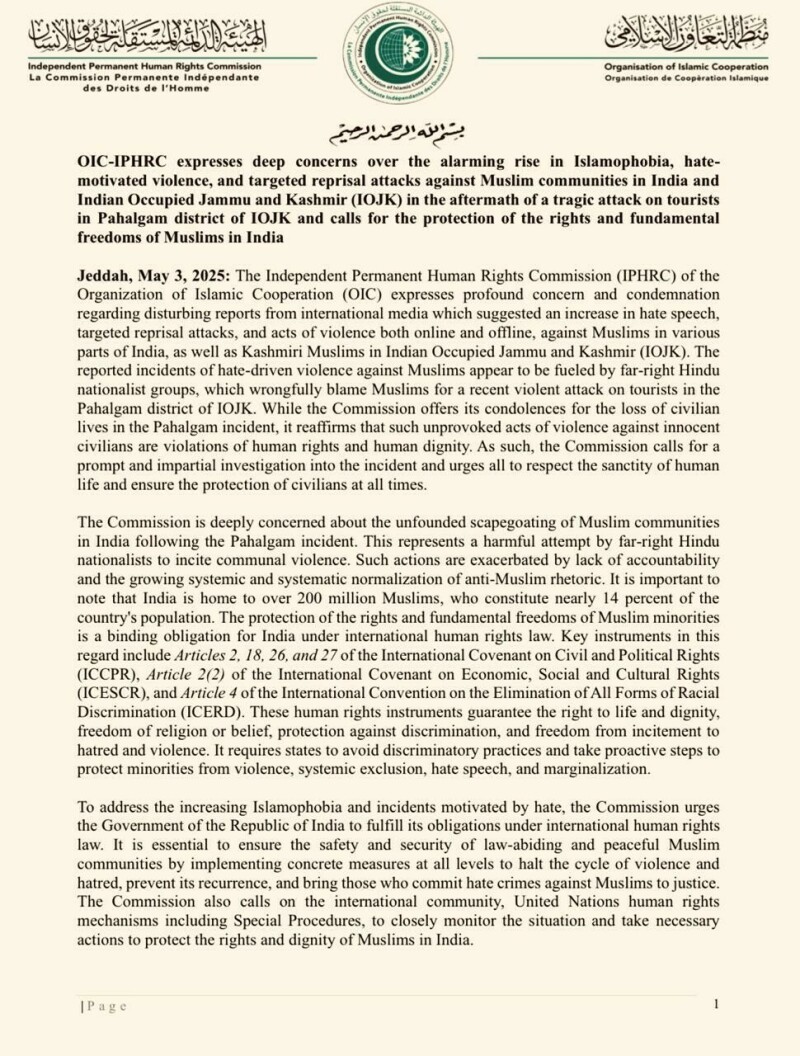
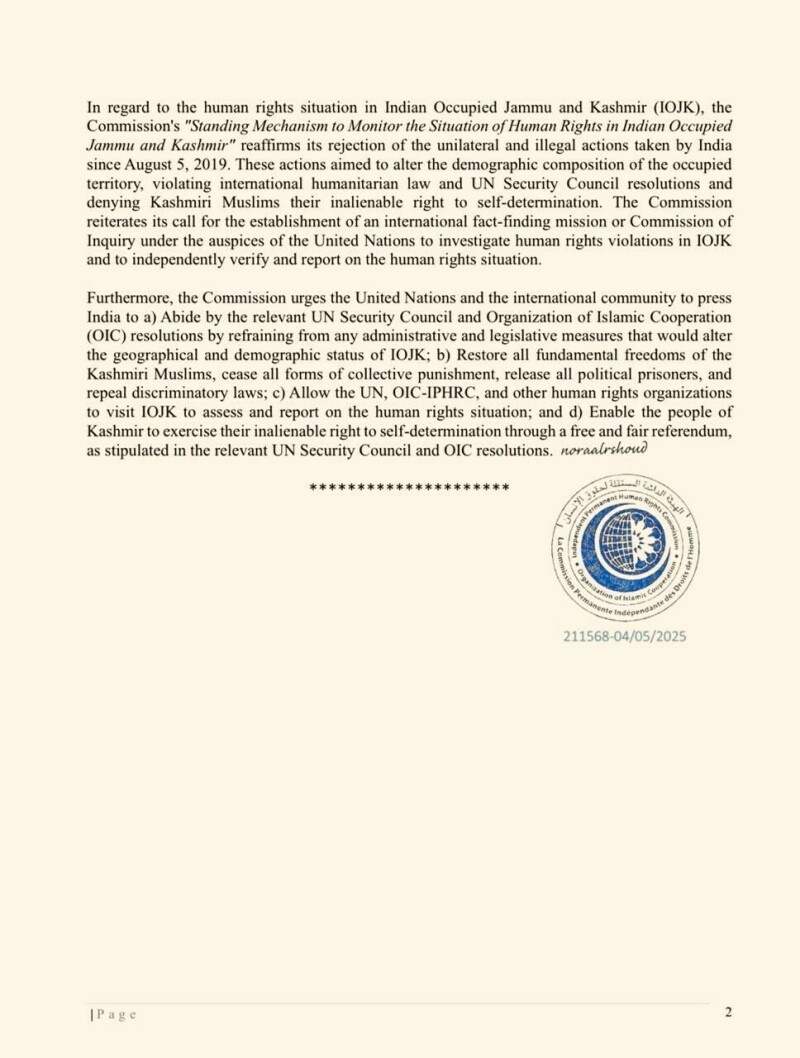
Allow UN, OIC-IPHRC, and other human rights organizations access to IOJK for assessments.
Enable the people of Kashmir to exercise their right to self-determination through a free and fair referendum, as outlined in UN Security Council and OIC resolutions.
For the latest news, follow us on Twitter @Aaj_Urdu. We are also on Facebook, Instagram and YouTube.







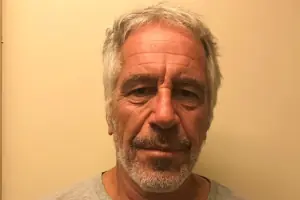
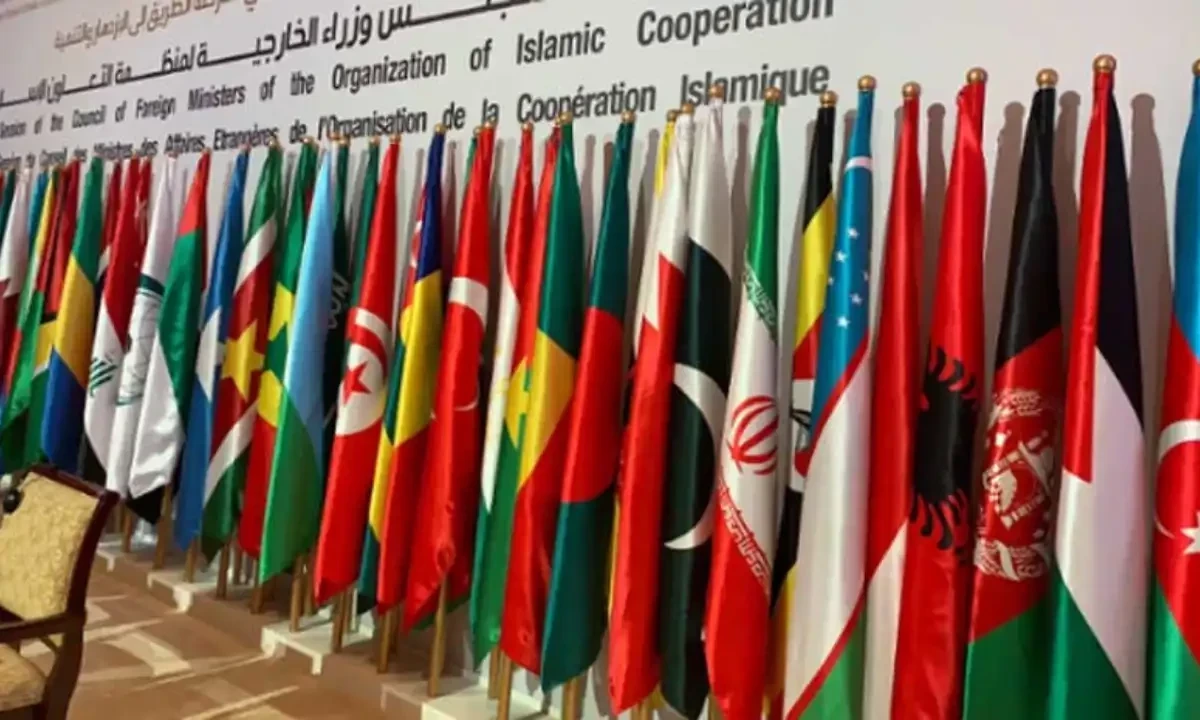


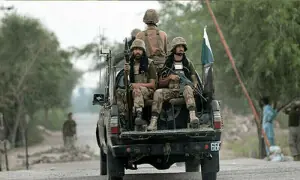




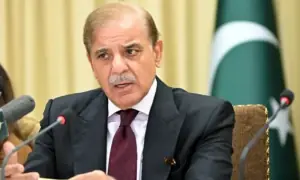
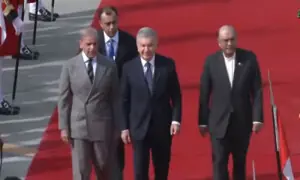

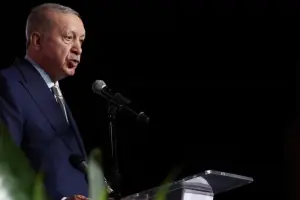

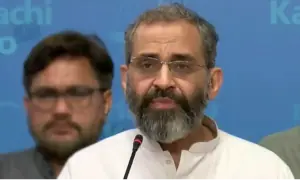
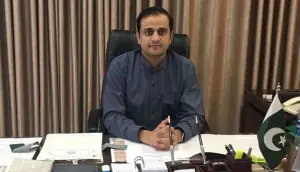
Comments are closed on this story.